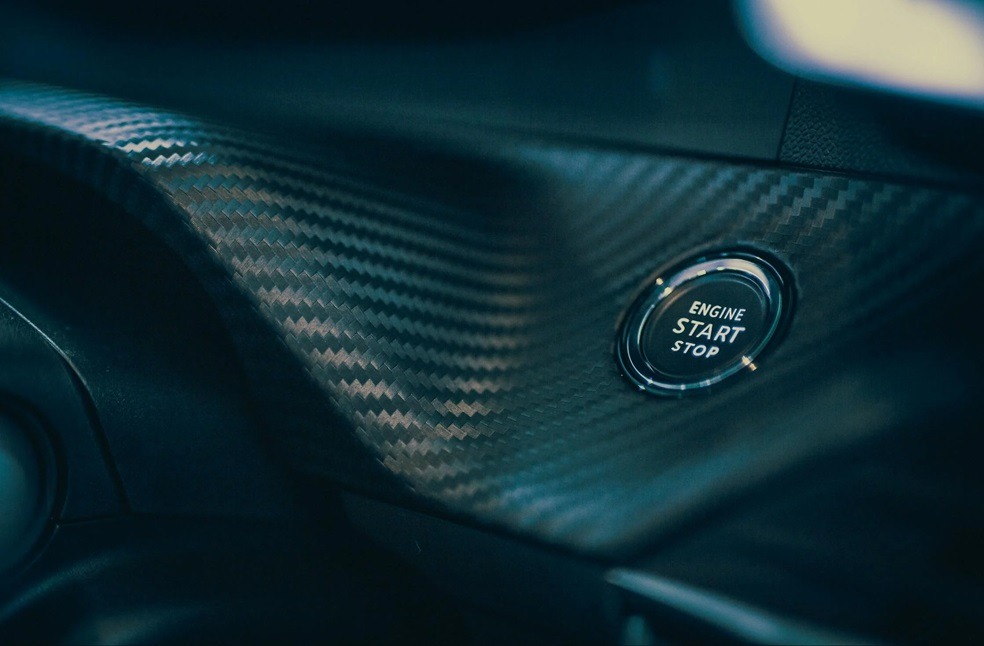European authorities are considering imposing a ban on carbon fiber, citing its potential risks to both health and the environment. Under European Union regulations, carbon fiber might soon be classified as a ‘hazardous material,’ a decision that could significantly affect the operations of many automotive manufacturers.
Carbon fiber is a popular choice among automakers for its ability to make vehicles both lightweight and sturdy. Its strength and weight reduction benefits make it popular among manufacturers of sports cars and electric vehicles.
A recent report reveals that the European Parliament has finalized a draft update to the End of Life Vehicles (ELV) Directive. The directive focuses on regulating the dismantling and recycling of vehicles to promote environmental sustainability. The revision marks the first instance globally where carbon fiber has been identified as a hazardous material.

The European Union has categorized substances such as lead, mercury, cadmium, and hexavalent chromium as hazardous for a long time. However, these materials continue to be permitted in the automotive industry under specific exemptions that are not extended to other consumer products.
Carbon fiber, known for being stronger than steel and lighter than aluminum, is widely used in aircraft, wind turbines, cars, and motorcycles. Its lightweight nature makes it an ideal solution for electric vehicles, which are heavier than ICE vehicles due to large battery packs. Premium manufacturers prioritize handling and range over cost, making carbon fiber especially appealing to them.

The European Union has raised concerns about the potential risks of carbon fiber filaments becoming airborne and harming human skin upon contact. If Parliament approves the amendment, it will take effect across Europe in 2029. Industries would then need to phase out carbon fiber in production gradually. The automotive sector accounts for 20% of global carbon fiber usage.
The EU’s bold announcement was poorly received by carbon fiber manufacturers, with Japanese producers experiencing notable drops in stock values. The decision could have considerable effects on jobs and the local economy, as Teijin, Toray Industries, and Mitsubishi Chemical collectively represent 54% of global carbon fiber production, with Europe playing an essential role in managing the impact.
TRENDING | Türkiye Eyes US Auto Market Gains Amid Tariff Shifts





